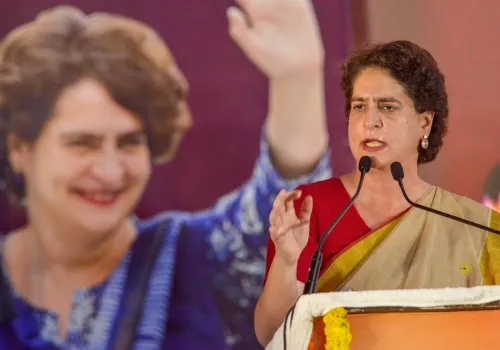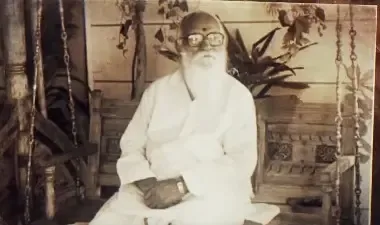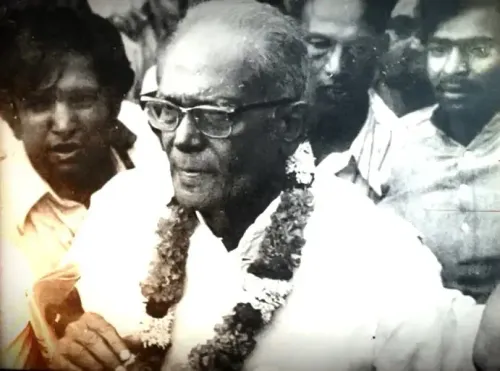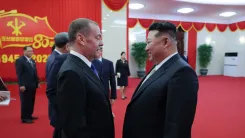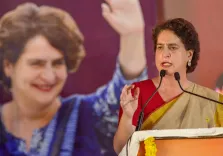Controversy Arises from Bengal Minister's Remarks on 'Minority' Status
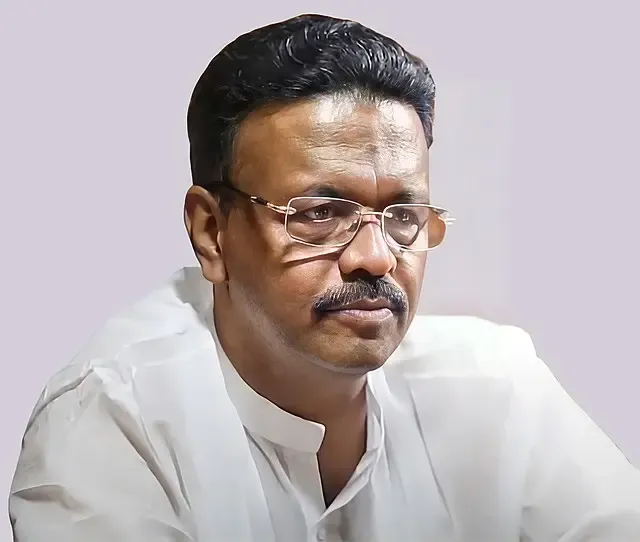
Kolkata, Dec 14 (NationPress) The West Bengal Minister for Municipal Affairs & Urban Development Firhad Hakim ignited controversy on Saturday by drawing a comparison between the "majority" and "minority" communities within the nation.
Speaking at a state-run auditorium event in Kolkata, Hakim stated that the current "minority" population in West Bengal could potentially evolve into the "majority" in the near future.
"In West Bengal, we represent 33 percent of the population. Nationally, we account for 17 percent. Thus, we are termed as minorities. However, we do not regard ourselves as minorities. With divine blessings, we may one day emerge as the majority," the minister expressed on Saturday.
The BJP's Information Technology cell chief and central observer for West Bengal, Amit Malviya, criticized Hakim for his statements, which he interpreted as labeling non-Muslims as "unfortunate" and supporting efforts by Dawat-e-Islam to convert Hindus to Islam. He alleges that Hakim now envisions a future where West Bengal and India will achieve a Muslim majority.
"Hakim envisions a scenario where Muslims will no longer depend on peaceful protests or marches, but will instead take justice into their own hands, possibly alluding to Sharia law. This perspective corresponds to earlier comments by Trinamool Congress MLA, who referenced Islamic texts to justify a past incident involving public punishment of a woman," Malviya remarked on X.
West Bengal BJP leader Sukanta Majumdar questioned the silence of other members of the opposition INDIA Bloc, suggesting they should condemn Hakim's statements.
"This is not merely hate speech; it serves as a framework for potentially creating a Bangladesh-like scenario in India," Majumdar stated.
Meanwhile, Trinamool Congress leader Kunal Ghosh declined to comment on the issue, stating he was unaware of the context surrounding Hakim's remarks. He added, "It would be unjust to isolate a specific segment of the speech and emphasize it."


